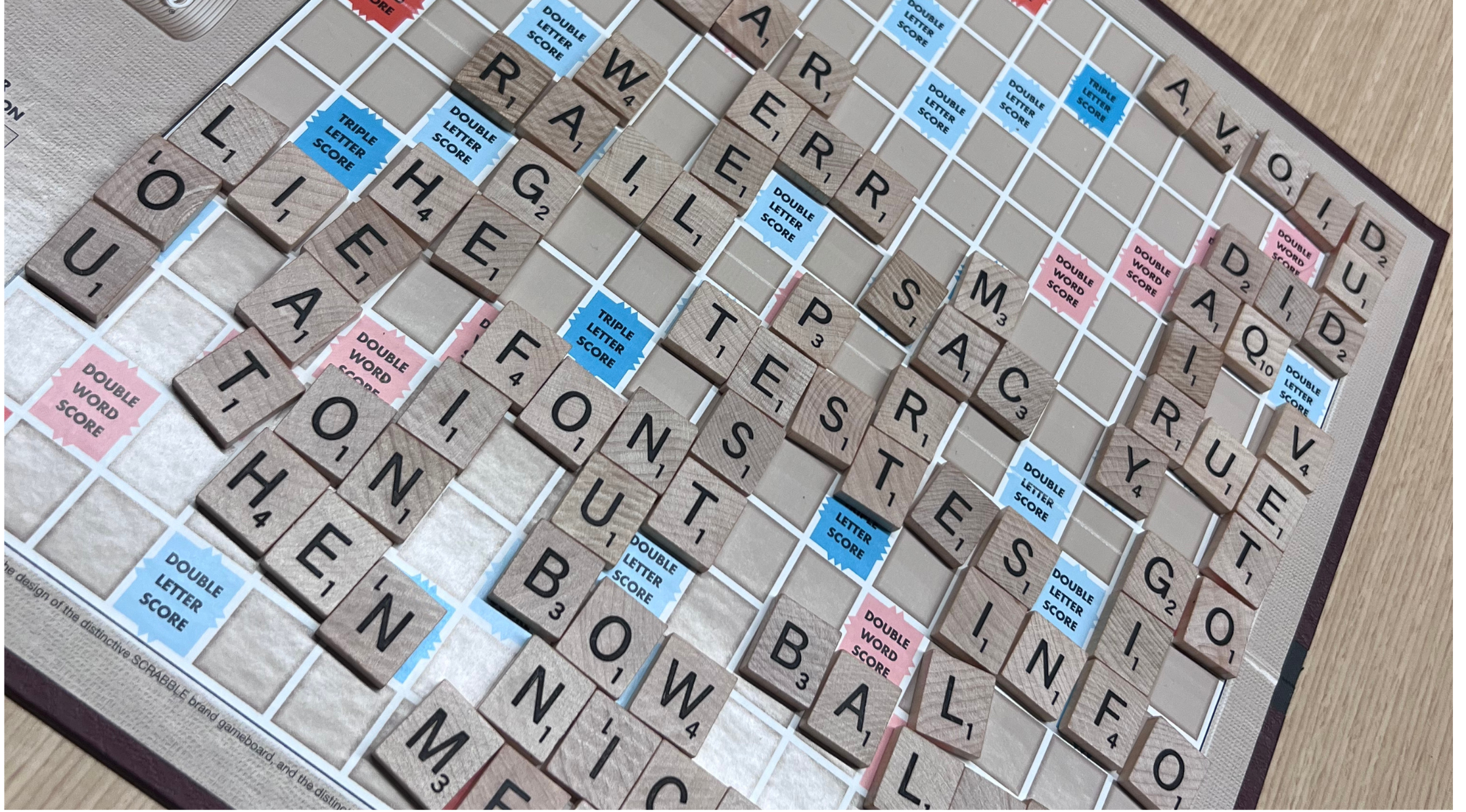IDENTITY
I was born and raised in Ghana, where my high school education initially steered me towards a career in law. Intrigued by the systems and structures that govern societies, I saw law as a logical extension of my studies, especially in government. I believed that pursuing a career in law would enable me to make a meaningful contribution to these vital societal systems.
Legal Foundations: Law School in Ghana
After finishing high school in Ghana, I took the college entrance examination and submitted my application to study law. This led me to a structured and intensive curriculum in law school, designed to provide a thorough understanding of both Ghanaian and international legal principles. My education combined theoretical coursework with practical training, covering diverse areas like constitutional law, criminal law, corporate law, and international law. This approach ensured that I received a comprehensive foundation in the field of law.
A Shift in Focus: Discovering the Intersection of Law and Technology
Upon entering law school in Ghana, I became increasingly aware of the intersections between law, technology, and society. While I found the study of law fascinating, it was the emerging role of technology in legal processes that truly captivated me. The more I delved into legal case studies, the clearer it became that technology was reshaping the very foundations of legal practice, from data analysis to digital forensics. As I reflected on my government classes, I realized that while I deeply appreciated the structures and mechanisms of governance, I wasn’t as excited about practicing law as I was about harnessing technology to influence those structures. The more I explored computer science, the more I felt it resonated with my aspirations.
Turning Point: Embracing Computer Science in the U.S.
However, a real turning point came during my first year of college in the US. Driven by curiosity, I enrolled in an introductory computer science course. What I thought would be a mere academic detour quickly became a profound passion. My Intro to Programming class taken in the Spring of 2022, introduced me to algorithms and their applications and became the true catalyst for me to explore my interest. What stood out most in this class was the way it demystified complex concepts and made them accessible, igniting a sense of empowerment in me to harness technology for impactful solutions. The structured logic, the power of efficient solutions, and the potential of automating complex tasks were revelations. I began to see endless possibilities, not just in software development, but in leveraging technology to address societal challenges.
Navigating Challenges: A Woman of Color in Computer Science
As I delved deeper into computer science, a looming question surfaced: What challenges would I face as a woman of color in this field? Why does one’s positionality sometimes make their presence in such environments more daunting? The more I interacted with peers and faculty, the more evident it became that my journey was going to require added layers of resilience. From occasional implicit biases to the sheer lack of representation, the challenges were multifaceted. My unique positionality, a juxtaposition of cultural background and gender, sometimes placed me at the crossroads of stereotypes and expectations. To address these challenges, I focused on building a strong support network and sought mentorship from those who had navigated similar paths. I joined groups and organizations dedicated to supporting women and people of color in STEM fields, which provided both inspiration and practical advice. Engaging in these communities helped me to not only find solidarity but also to amplify diverse voices within the field.
A New Direction: Transitioning from Law to Computer Science
This internal reflection led to the difficult yet clear decision to pivot away from law. While leaving behind my initial path was daunting, the allure of computer science, combined with the innovative environment in the US and my determination to rise above the inherent challenges of my identity, made the transition not just possible but incredibly fulfilling.
